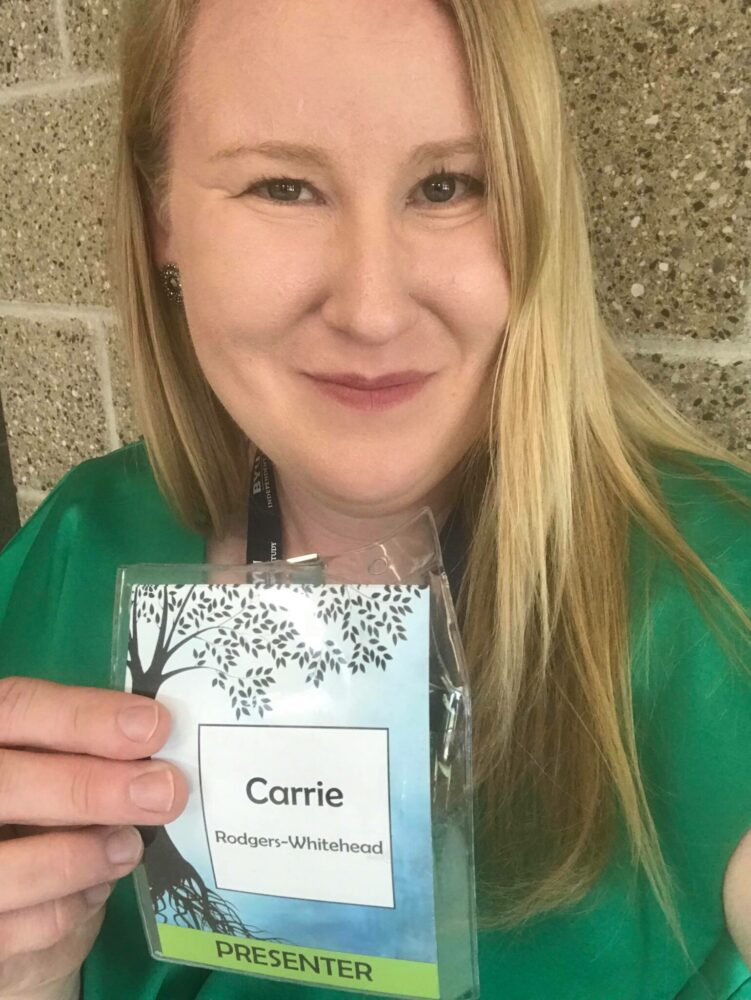
In late June I was excited to go to the annual ISTE conference in Philadelphia. For those that don’t know, ISTE stands for the International Society for Technology in Education. I’ve been writing and working with them for a few years and admire what they do in creating standards and professionalizing the work of digital citizenship.
ISTE is the largest ed tech conference in the world, people come in from all around and they have over 600 technology vendors, several days of panels, keynotes, activities, makerspaces and much more.
I was reminded of comic conventions going through their vendor hall and was determined to get through it, to see all the things out there. The hall was about the size of a football field. I would go for a couple of hours until my brain was fried from all of the information and stimulation! I found that most companies were focused on data analytics, providing curriculum, personalized learning, hardware and there was lots of robotics. While digital citizenship was discussed in several sessions and around the event, I did not see many vendors addressing the topic beyond online privacy and safety. Still, it was good to see so technology companies making sure their platforms helped protect student privacy.
The last day of the conference I shared research Digital Respons-Ability has done teaching digital citizenship to special populations. I was happy to see the level of engagement, vendors, educators and administrators working to make sure that their teaching was inclusive. I specifically focused on our work with refugees, and shared some of the things we’ve learned when teaching this topic. I hope the conversations had at the conference can help improve outcomes for all students.

Technology will always be part of education, and it’s a growing industry. But despite all the talk on tech at the conference, a recurring theme was the human touch. The best technology cannot substitute the work of an educator or caring adult.






